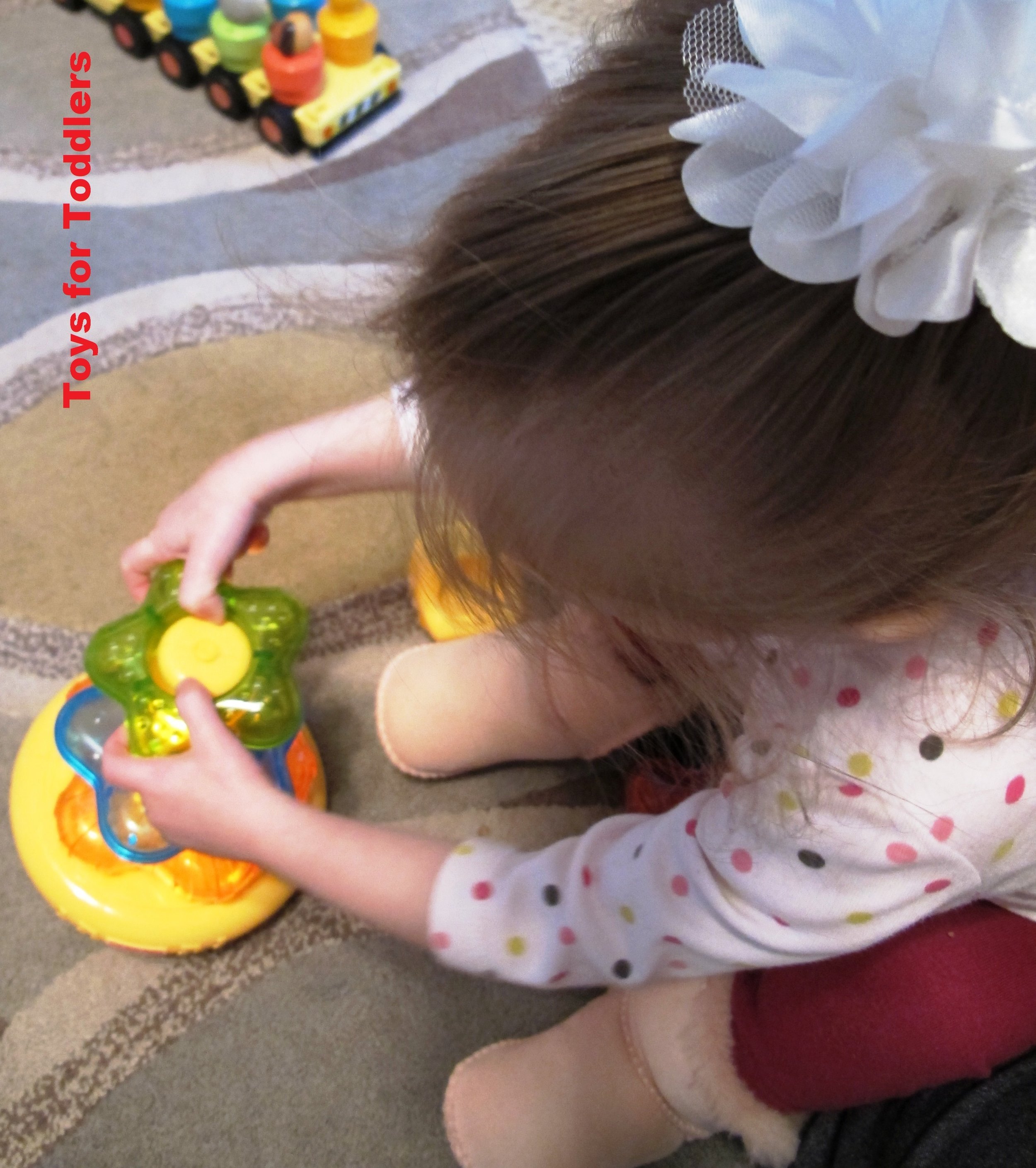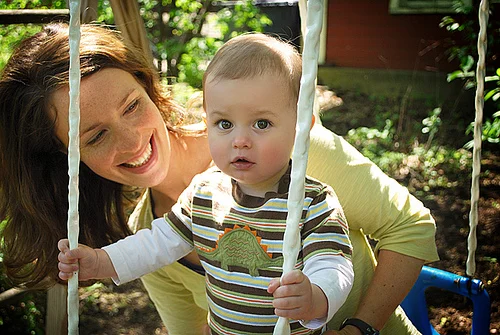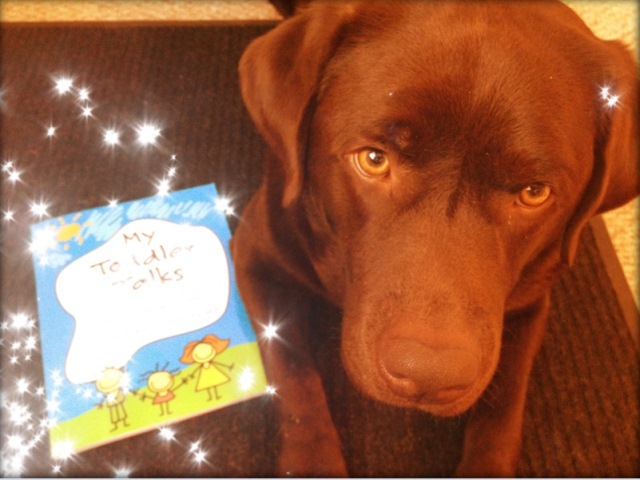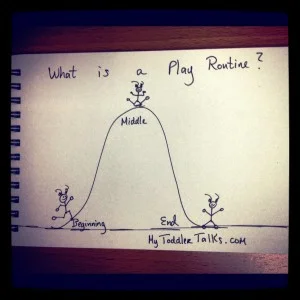Ever have one of those moments when you hear or see yourself on a video and think, “Is that really me? Am I really doing that? I had one of those aha moments last month when I was watching a video of my daughter saying a new word.
Read MoreEvery year I write a post with some of my favorite toys for toddlers and preschoolers (the preschooler post will be up at www.scanlonspeech.com in the next few days). Since I treat many toddlers with language delays, I have a pretty good knack for selecting toys and using them to promote language development. Now that I have a toddler myself, I created this list with my little girl in mind.
Read MoreBefore I created the My Toddler Talks website, I blogged about toddlers over at my other website Scanlon Speech Therapy. I started blogging back in early 2011. I still blog at Scanlon Speech but mostly on speech, language, and literacy topics related to preschool and early school aged children. Over there, I also have guest posts and interviews with well-respected speech language pathologists and/or other childhood experts.
Read More“Mommy, mommy, I wanna play. What about me? It’s my turn now!"
If you provide services to families with more than one child, I’m sure these comments sound pretty familiar. I’ve treated and currently work with several families who have multiple young children. When ALL children are present, things get pretty interesting.
Read MoreSetting it up means you have designed an environment or situation that supports communication. Doing so motivates your child to talk.
Read MoreAnyone who subscribes to my newsletter knows that I love hearing from my readers and appreciate feedback. Recently, I happily stumbled upon an unsolicited review of My Toddler Talks from a mother of a toddler with a language delay. As a first time author, my heart sang when I read her review because I was so thrilled that I could positively affect someone who I haven’t even met.
Read MoreIn today’s busy and hurried world, it’s sometimes hard to slow down, take a breath and pause.
Yet, pausing and waiting when interacting with your child, in fact, greatly facilitates communication.
Read MoreIf you’re the parent of a child who has a delay, sometimes it’s hard to always be optimistic. You’re eagerly waiting for your child to catch up to his or her peers and when nothing seems to be improving or the progress is slow, your optimism wanes and worse yet, you begin to lose hope.
Read MoreWhen we give choices to toddlers, we’re telling them that they have some control and their input matters. Providing choices also encourages decision making and promotes language development.
Read MoreAdults like to ask questions. The well-known author of How To Win Friends and Influence People (a favorite book of mine), Dale Carnegie, teaches us to ask thoughtful questions to gain friends and effect people. Not only is it socially appropriate and nice to ask others questions, it also shows that we are genuinely interested in them. A pretty good way to treat others, if you ask me.
Read MoreYou’re probably reading this post because you have concerns about your toddler’s speech and language development. If so, you’ve come to right site! Welcome to My Toddler Talks. I hope you find this site informative and helpful. I’m going to share two great techniques to help promote your toddler’s language development.
Read MoreIf you’ve purchased my book (thank you), get the most out of it by following along and implementing some of these important points!
Read MoreWhen our routines are violated or drastically altered (e.g. the coffee pot breaks or we run out of coffee), how do we feel? Anxious, angry, aggravated…helpless.
Read MoreIt gives me great pleasure to share the following review of My Toddler Talks by Dana Childress, M.Ed. Dana is a program specialist for the Virginia Early Intervention Professional Development, associated with Virginia Commonwealth University. She assists in designing and implementing professional development activities for early intervention providers and administrators in Virginia.
Read MorePlaying and learning go hand in hand when it comes to toddlers. Play is how toddlers learn. Hands-on play is necessary for toddlers’ intellectual, social, emotional, physical and of course language development.
Read MoreTo help parents get their children talking! When I first began treating toddlers who were late to talk or delayed with their speech and language, I struggled to find easy to understand, step-by-step guides for my parents to read. Collecting information from various resources was trying and even then, I couldn’t find practical and hands-on resources. So, I decided to write a workbook for my parents.
Read MoreMy Toddler Talks offers the reader a wealth of easy to understand information, techniques, tracking charts, goals as well as 25 entertaining play routines that do not involve too many novel toys or materials. Most families will most likely have the items in their household (this should appeal to you, clinicians, attempting to go bagless).
Read More
















